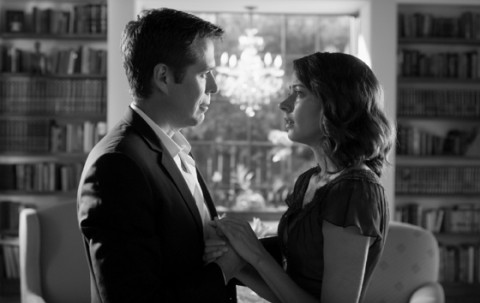Much ado in Santa Monica

In a summer movie lineup full of apocalyptic thrillers and flashy re-makes, Shakespeare wins the day. Joss Whedon’s film adaptation of Much Ado About Nothing is an enchanting modern take on the 16th-century romance and a nearly perfect movie.
Whedon transposes Shakespeare’s Italy to present-day Southern California, and while preserving the original language he suffuses the modern setting with an intoxicating casual glamour. Filmed in black and white in fewer than 12 days on the grounds of Whedon’s Santa Monica home and using actors that have peopled his projects from his earliest days in the business, he creates an atmosphere of wit, grace and ease enlivened with a lot of wine and beautiful flowers.
The plot unfolds like a good conversation among friends. Some of the less translatable aspects of Shakespeare’s plot, like the political intrigue of Italian city-states, are simply glossed over. The resulting two-hour film allows the heart of the play—the interwoven and overlapping romances between Claudio (Fran Kranz) and Hero (Jillian Morgese) and Benedick (Alexis Denisof) and Beatrice (Amy Acker)—to take center stage.





